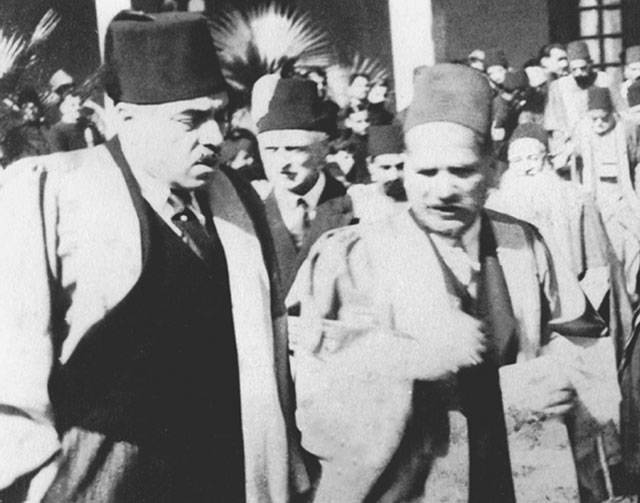Muhammad Iqbal, widely known as Allama Iqbal or the Poet of the East, was born on this day 141 years ago in Sialkot. Iqbal was a polymath; he was a poet, a legislator, a thinker, and a philosopher. Iqbal was the first person who came up with the idea of a separate homeland for Muslims of the Indian subcontinent. His dream did materialise seventeen years after he proposed an independent country for Muslims.
Iqbal was a product of times when colonialism was the order of the day. The whole of Asia and Africa were under the yoke of colonial powers. Iqbal through his poetry tried to expose the contradictions of the Western enlightenment project and civilizational message. He was one of the earliest thinkers who showed dissatisfaction with the modernity project and warned the world of its disastrous consequences. Pankaj Mishra in his book ‘Age of Anger’ has reaffirmed some of Iqbal’s fears that the modernity project has unleashed on people’s lives today.
The message of Iqbal has influenced the likes of Ali Shariati who thought of Iqbal as a person with the heart of Jesus, a thought of Socrates, and a hand of a Caesar. In paying homage to Iqbal, Shariati writes, “[Iqbal is] a man who attains the height of political awareness of his time to the extent that some people believe him to be solely a political figure and a liberated, nationalist leader who is a 20th-century anti-colonist. A man who, in philosophical thought, rises to such a high level that he is considered to be a contemporary thinker and philosopher of the same rank as Bergson in the West today or of the same level as Ghazzali in Islamic history.”
Iqbal meets Ross Masood at his visit to the Aligarh Muslim University.






